This ideology, championed by Woodrow Wilson, emphases individual rights, free markets, and democratic governance.
Liberalism
This Indian leader advocated for non-violent resistance against British rule, inspiring movements for independence across the globe.
Mohandas Gandhi
This city became the capital of the Soviet Union following the Russian Revolution.
Moscow
These two technological innovations of the 1920s transformed American culture by providing new mediums for entertainment, news, and advertising.
radio and movies
This is the strategy of using collective power to withhold labor from a business or businesses is known as a:
strike
November 7, 1917 [O.S. October 25,1917)--a revolutionary coup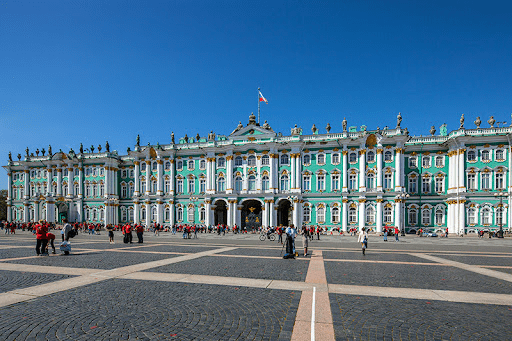
October Revolution
This political and economic system advocated for the abolition of private property and the establishment of a classless and fully equal society.
This American industrial leader revolutionized car manufacturing with the assembly line, making automobiles more affordable for the average consumer.
Henry Ford
The final peace agreement ending World War I was negotiated in this European capital city.
Paris
This scandal blew the lid on corruption in the Harding Administration, tarnishing the image of the Republican Party in the 1920s.
The Teapot Dome Scandal
This term refers to the cultural clashes that emerged in the 1920s, reflecting tensions between traditional and modernist values on issues such as gender roles, religious beliefs, and social behavior.
Culture Wars
6 April 1930 -- The end of a long walk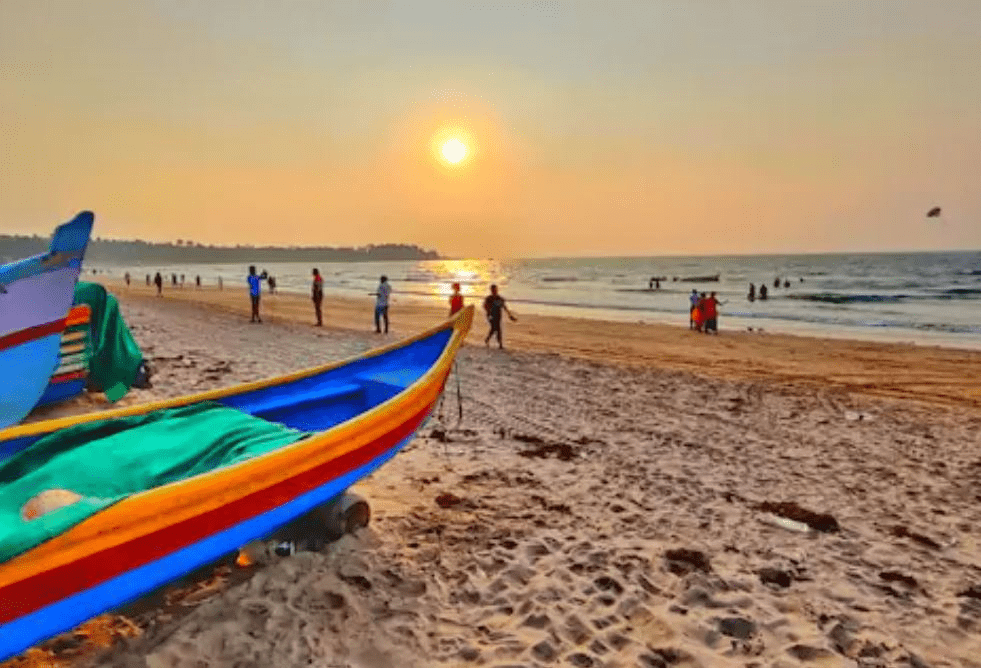
Salt March
This ideology emerged in response to the exploitation and oppression faced by colonized people under European rule.
Anti-Colonialism
These young women challenged traditional gender roles with their fashion choices, embrace of jazz music, and pursuit of personal freedom.
Flappers
This US city was rocked by a general strike in 1919, reflecting labor unrest and fears of communist influence in the wake of World War I.
Seattle
This economic policy, favored by Republicans in the 1920s, aimed to stimulate economic growth by reducing taxes on businesses and wealthy individuals
This system of racial segregation, extrajudicial justice, and racist customs that prevailed in the south in the 100 years following the civil war was known as
September 9, 1919 -- location of a historic vote to strike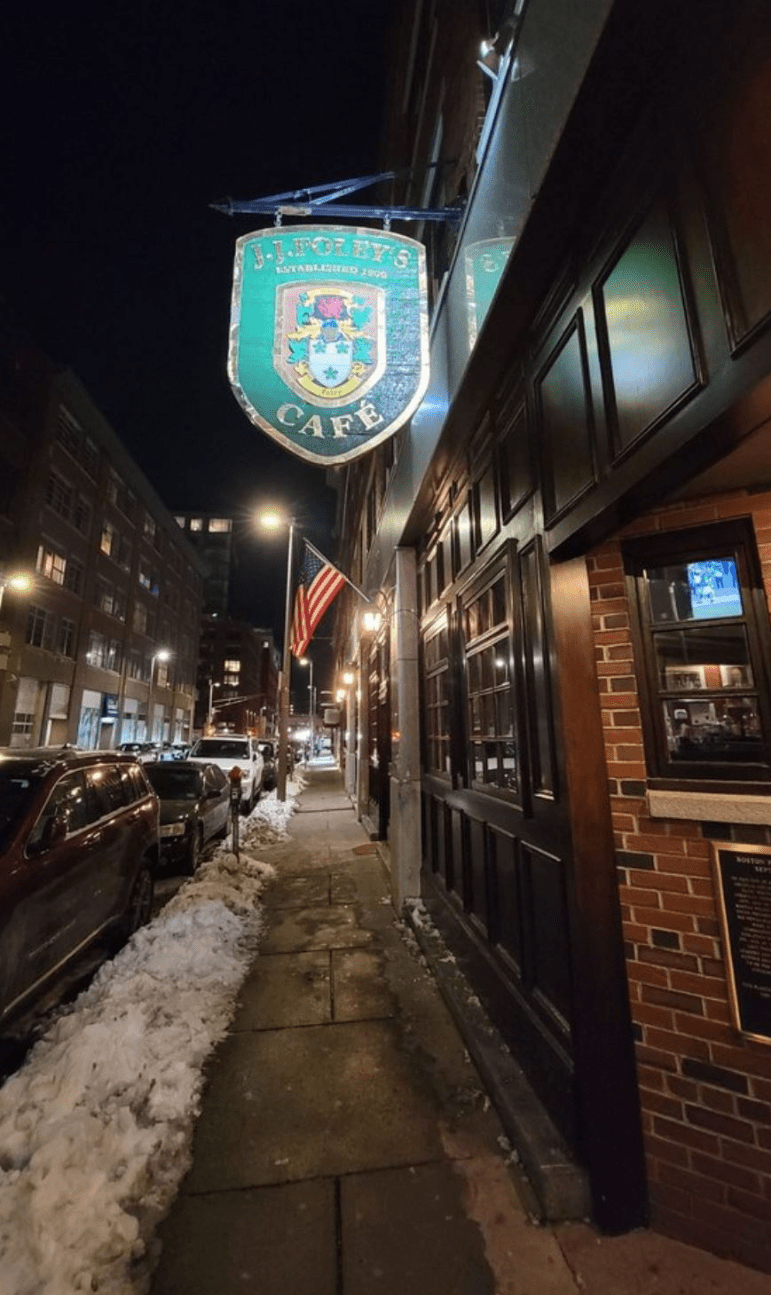
Boston Police Strike
This political ideology emphasized extreme nationalism and allowing the government to favor certain groups over others.
Fascism
DAILY DOUBLE
Clarence Darrow defended John Scopes after Scopes broke a Tennessee law that prohibited this:
Mandates
This event, sparked by postwar anxieties and fears of communist infiltration, led to the arrest and deportation of suspected radicals in the United States.
The First Red Scare
An economic system that relies on the purchasing power of the masses to drive demand for products is known as:
consumerism or consumer capitalism
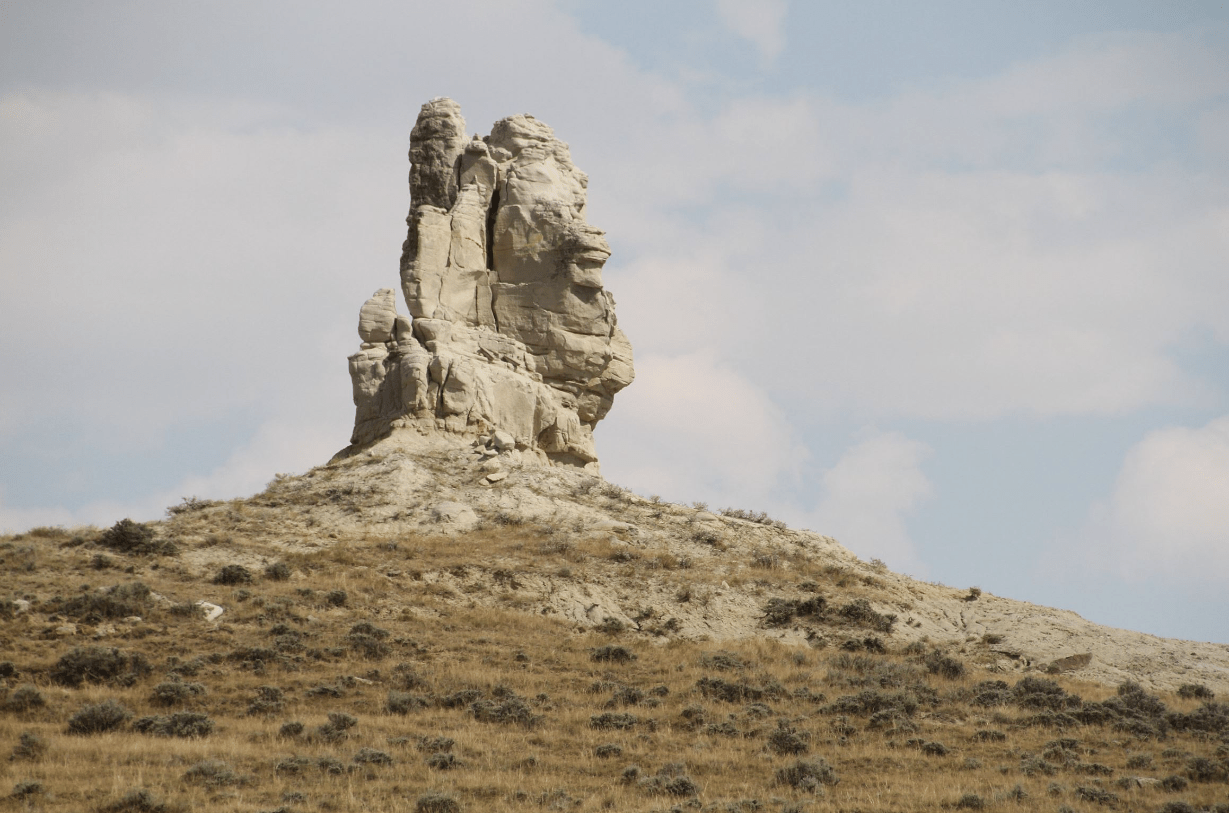 1921-1923 -- a major resource was once located beneath this rock
1921-1923 -- a major resource was once located beneath this rock
The Teapot Dome
This movement, embraced by figures like William Jennings Bryan, emphasized a literal interpretation of the Bible and clashed with modernist views during the 1920s.
Evangelical or Fundamentalist Christianity
This US president's call for a "return to normalcy" resonated with Americans seeking stability after the upheavals of World War I.
Warren G Harding
This Indian city was the site of a tragic massacre in 1919, where British troops fired upon unarmed civilians, fueling anti-colonial sentiment.
Amritsar
This aviator, who was the first person to fly solo across the Atlantic, became probably the most famous celebrity figure of the 1920s.
Charles Lindbergh
The belief that the benefits of living in a country should be limited to only those who are born in the country is known as:
Nativism
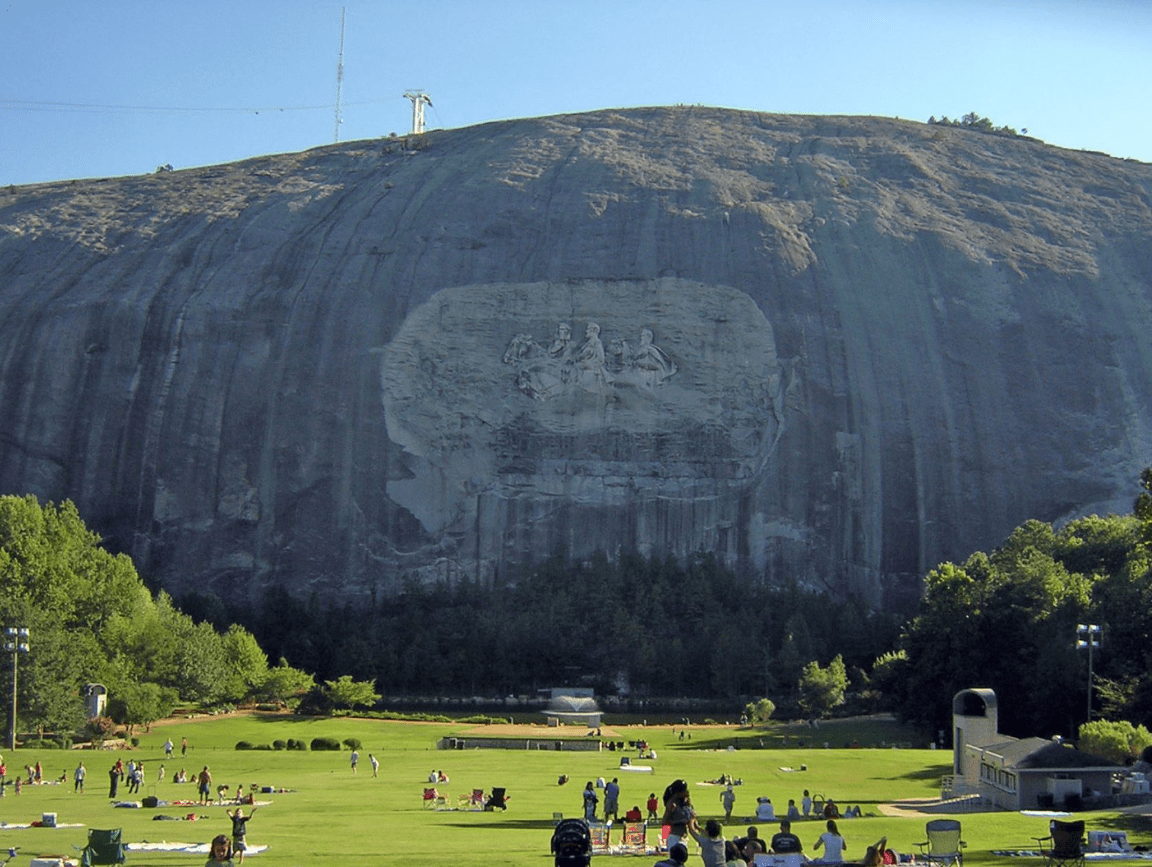
This organization had its rebirth atop this mountain in 1915.
The Ku Klux Klan